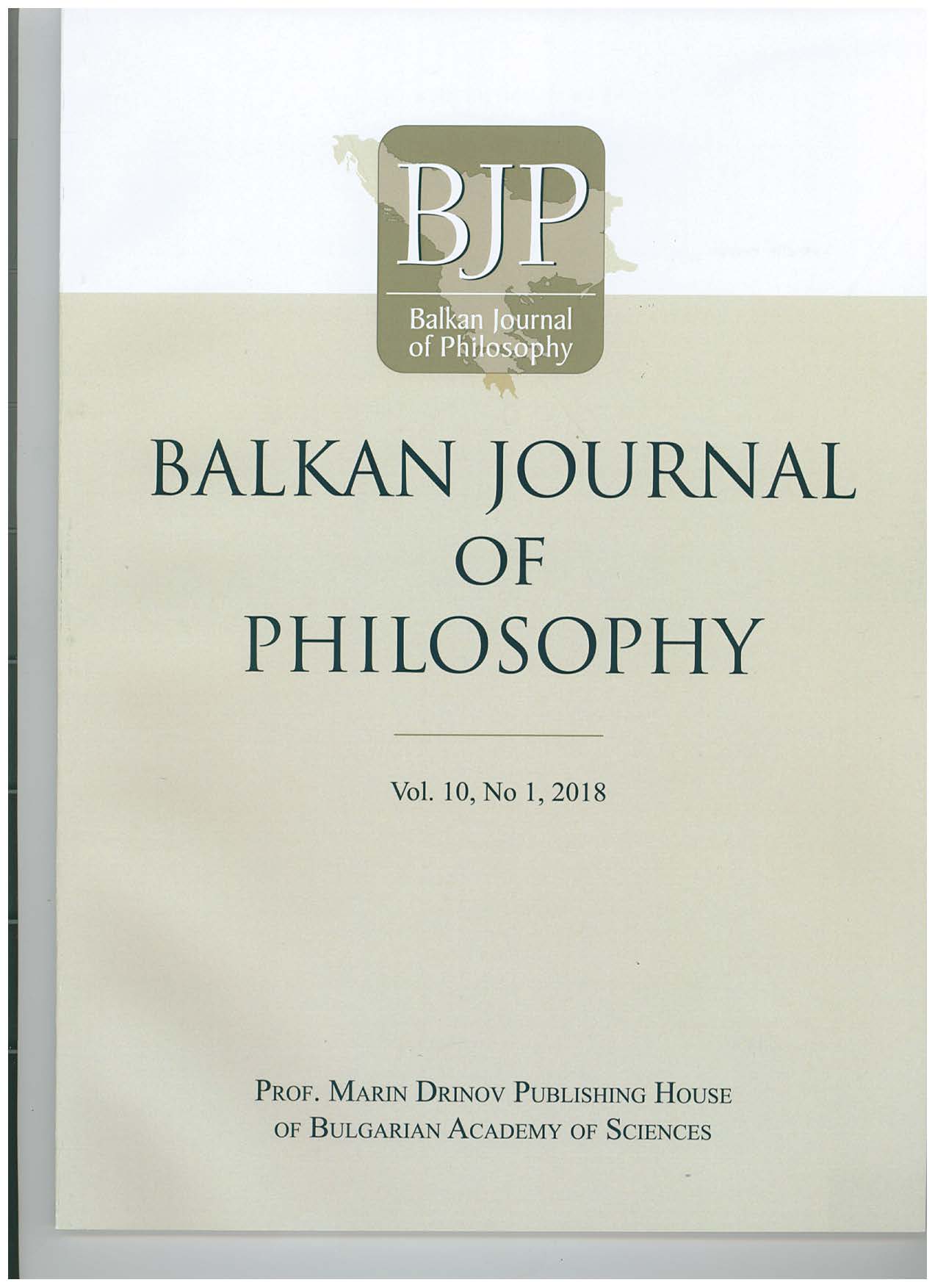Naturalizing the subjective side of the crime: a few introductory remarks on the role of consciousness in criminal law based on American and Polish examples
Naturalizing the subjective side of the crime: a few introductory remarks on the role of consciousness in criminal law based on American and Polish examples
Author(s): Bartosz Janik, Maciej PróchnickiSubject(s): Philosophy, Social Sciences, Law, Constitution, Jurisprudence, Psychology, Criminal Law, Philosophy of Law
Published by: Институт по философия и социология при БАН
Keywords: neurolaw; consciousness; criminal law; comparative law
Summary/Abstract: Advancements in neuroscience cast new light on the functioning of the human mind. This is especially important within the context of criminal law, wherein consciousness plays a crucial role in determining criminal responsibility. Yet, there are some caveats in the direct application of these new findings, most of which are related to the specific conceptual framework of law based upon common sense knowledge and (sometimes) outdated psychology. This framework has also produced different doctrines of interpretation in the systems of common and civil law. Moreover, the goals of the law are to some extent different from scientific research on the brain. The aim of this study is to assess to what extent and under what interpretation scientific knowledge concerning consciousness might be useful for legal purposes, especially for the criminal law. Our assessment is that most of the current concepts of criminal law are directly related to outdated psychological and neuroscientific theories, and that the content of those concepts should be updated according to the newest scientific findings while remaining in accordance with the primary functions of criminal law.
Journal: Balkan Journal of Philosophy
- Issue Year: X/2018
- Issue No: 1
- Page Range: 37-44
- Page Count: 8
- Language: English
- Content File-PDF

